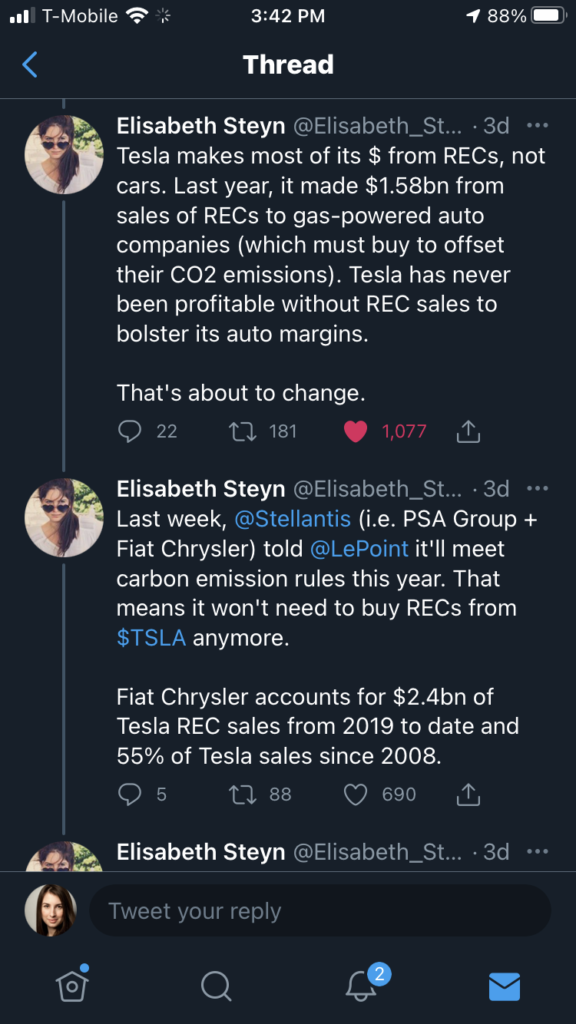Yesterday I wrote about my proposal to create an activist DAO to engage in public relations for crypto. The goal of the organization would be to create a groundswell of support for the space, it’s values, and opportunities as well as engaging in support for a more positive regulatory environment.
If you would like to hear more about why I think it is time for the wider decentralized crypto community to engage in a public relations and media campaign please see my post yesterday. Today I am putting down further notes on what I think our values and priorities might be. As always, this blog is a work in progress so consider this my thoughts as of now that are open to being edited and changed.
What kind of values are crucial in a PR or communication DAO or interest group?
- Open
- Participatory
- Trustless
It’s important that whatever we do on behalf of crypt it must be done in the spirit of the space and why so many disparate types of people believe in its values. While there may be structures like executive teams, core teams, board members and studios and contractors to execute on our mission we want to use the tools and transparency of crypto.
But to what purpose are we organizing? We will create content and engage in conversations to shape media narratives and public sentiment aimed at promoting the positive elements, potential, and impact of crypto.
How will we do this? We will hire publicists to promote our stories in mainstream media along with commissioning content meme-ers and creators to share opinions. We will engage with spokespersons to share talking points created from the priorities of the community. We will place our content, from memes to editorials, on our own properties as well as in supporting communities and member publications.
I expect I’ll be doing quite a bit more note taking and research. If you want to be a part of this effort I’ve started a shared Google doc for collaboration. Email me Julie @ chaotic dot capital or DM me @ AlmostMedia. This won’t be built in a day but together we can push it forward.
